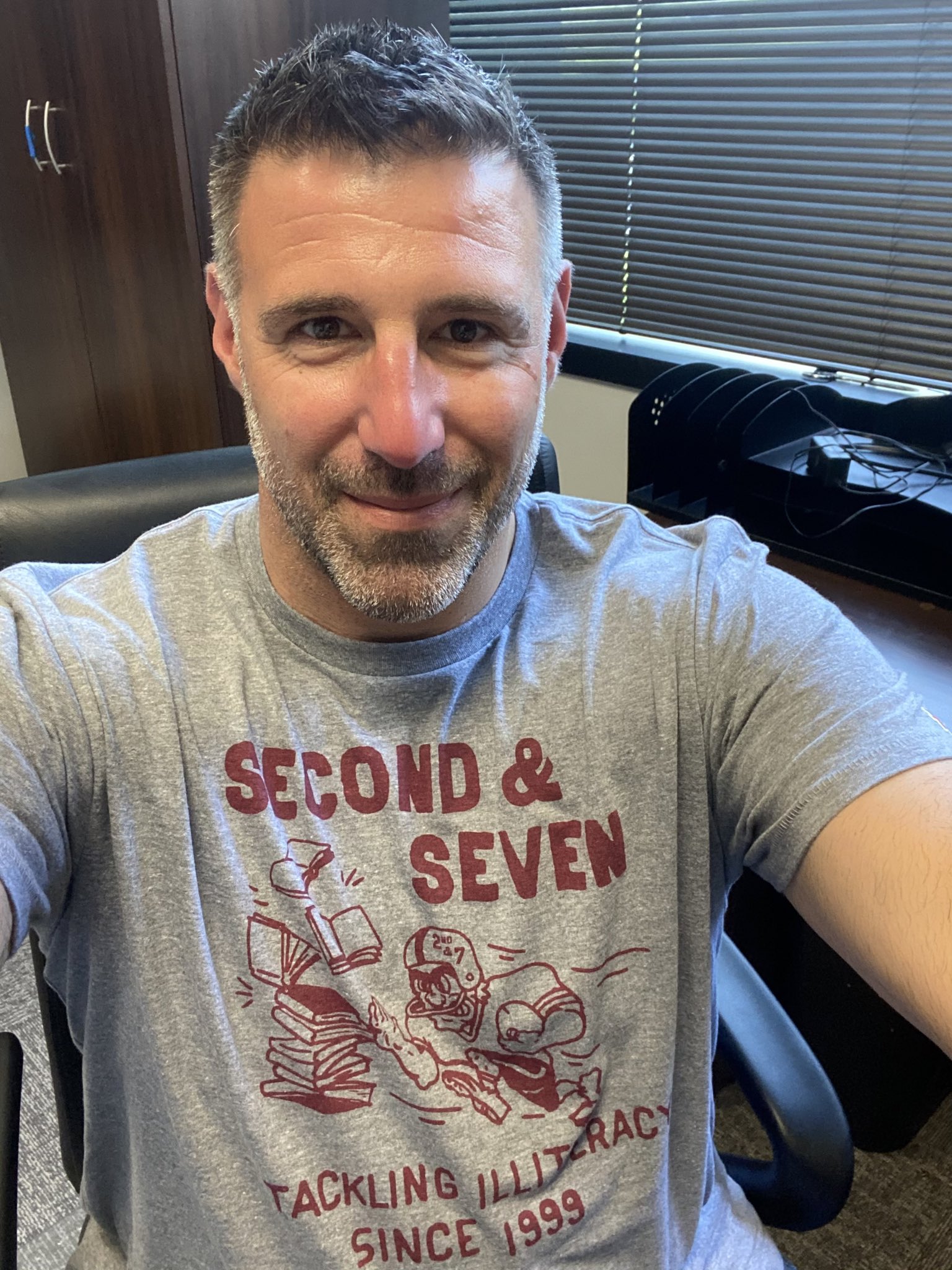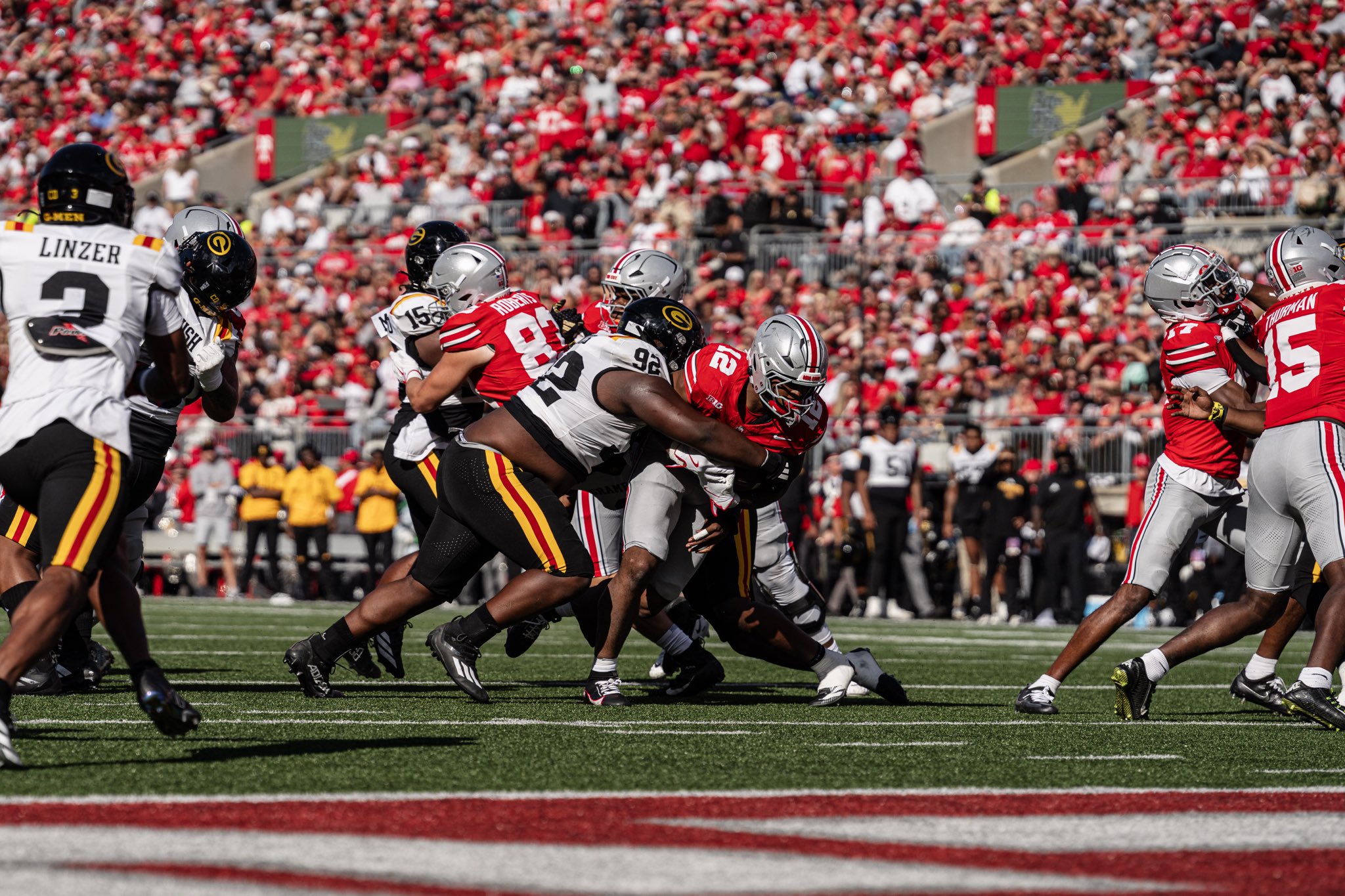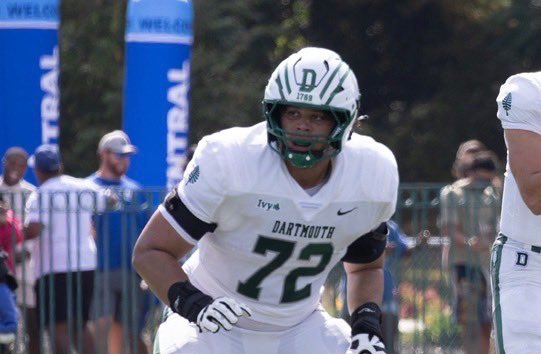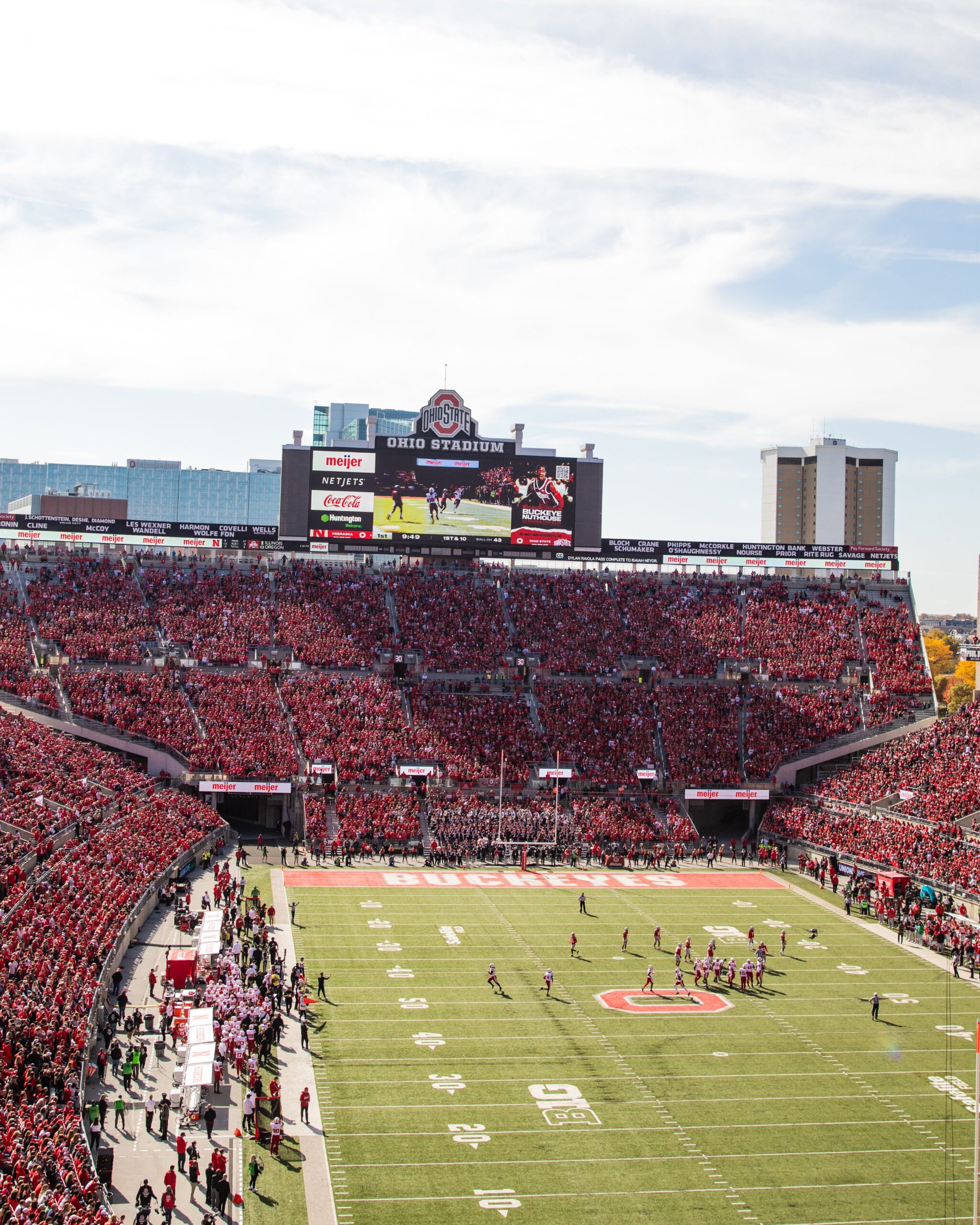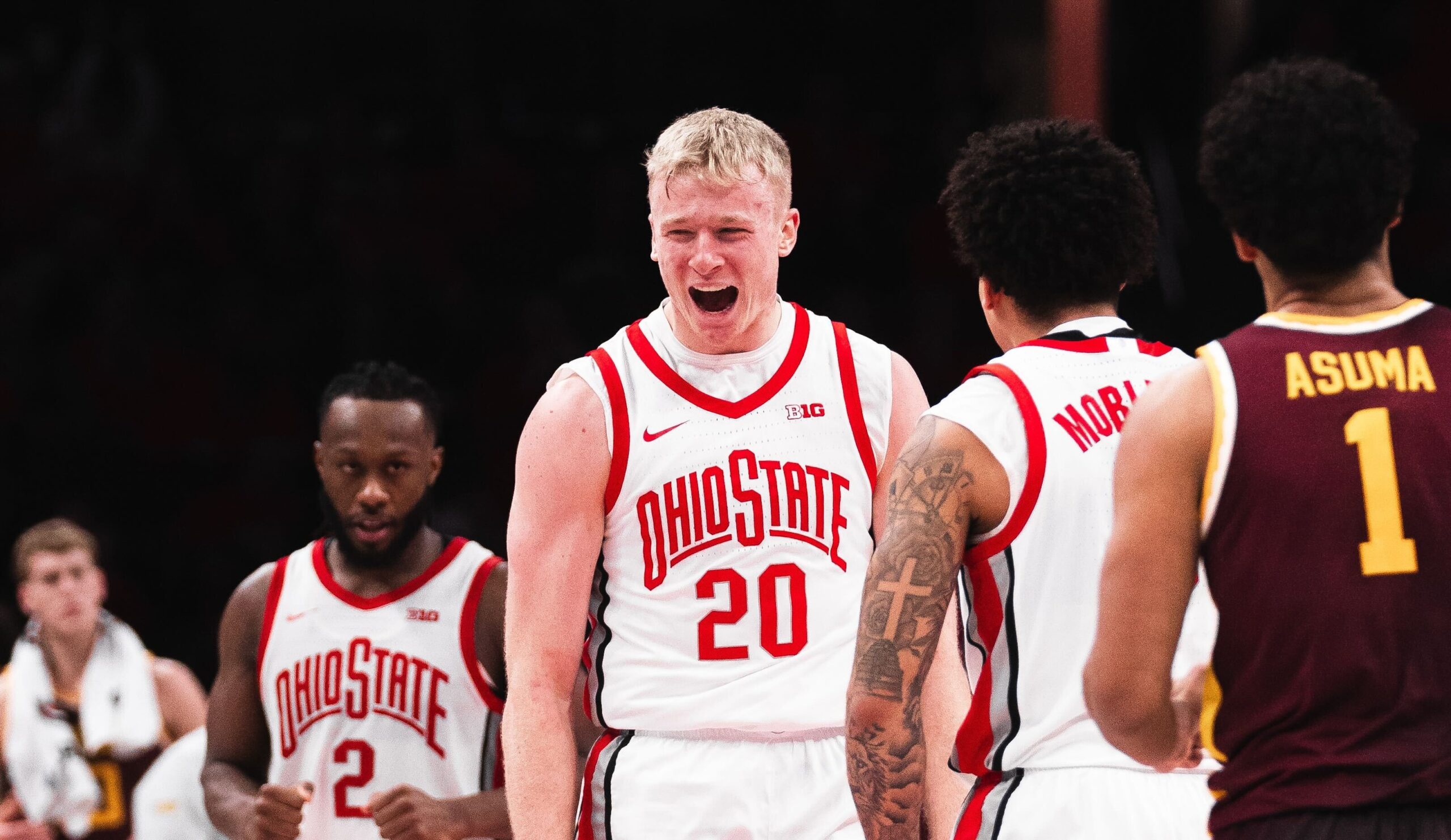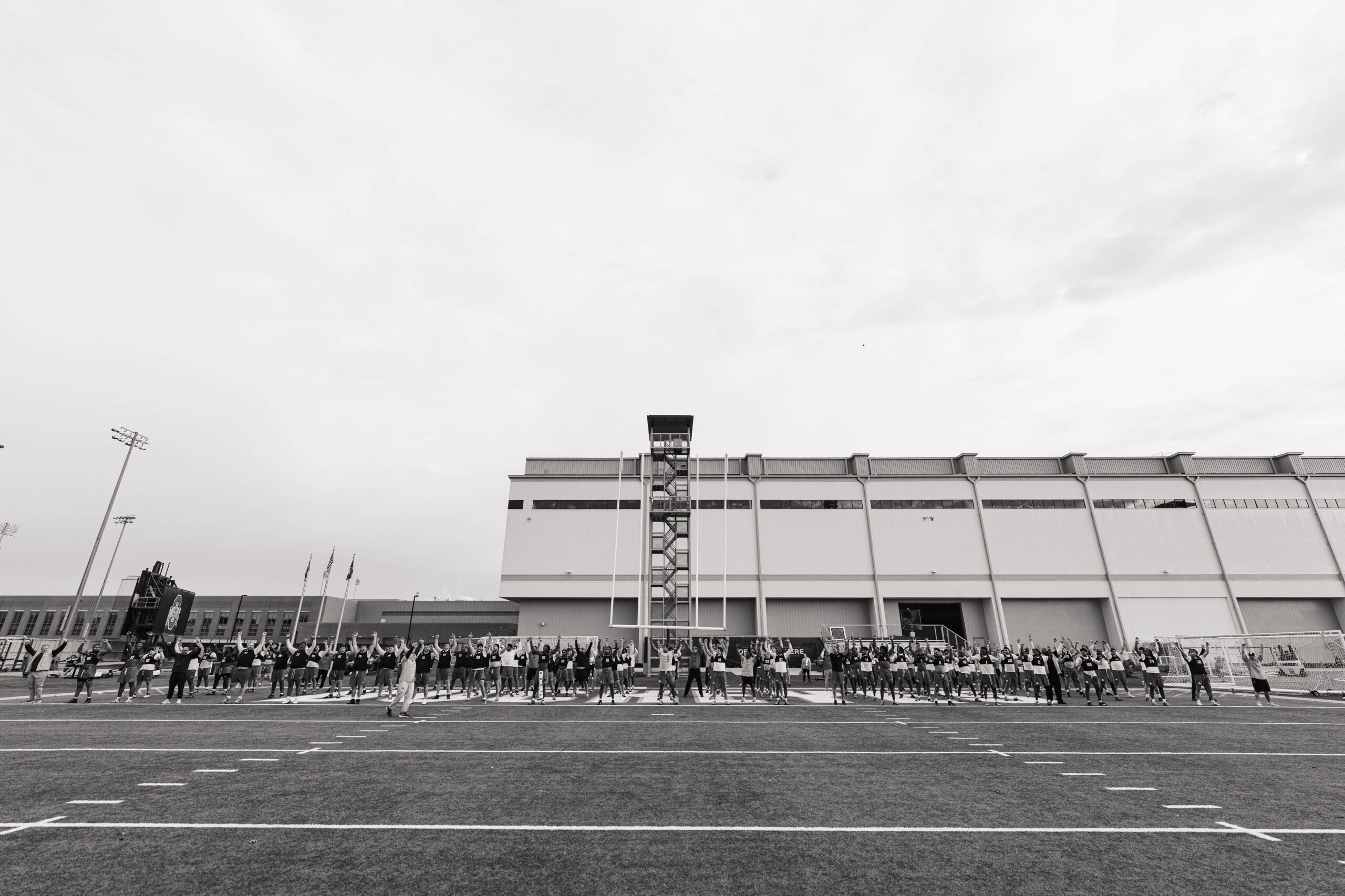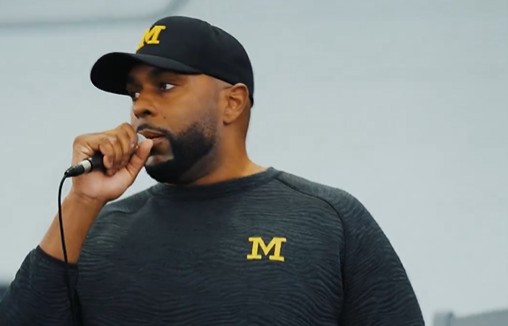
For over a century, college football has been built on fierce rivalries, storied traditions, and passionate fan bases. But behind the banners and bands lies a grimmer reality—one where programs sometimes cross ethical lines to gain an edge. As Michigan prepares to face the NCAA’s Committee on Infractions Review Board on June 6–7, the question isn’t whether rules were broken—it’s whether the punishment will reflect the scale of the crime.
A Program Under Fire
It all began with what many jokingly dubbed “Cheeseburgergate”—a suspension for Jim Harbaugh, not because he bought hamburgers for recruits during a dead period, but because he misled NCAA investigators about it. The infraction itself was minor; the cover-up was not. Michigan’s refusal to take accountability set the tone for what would become a pattern of deflection and defiance.
Things escalated in 2020 when Michigan canceled its annual game against Ohio State, citing COVID-19 concerns—only to be caught holding full-contact practices the very next day. Legitimate caution, or a strategic retreat from a likely loss? Many weren’t buying it. Then came a wave of off-field issues: former co-offensive coordinator Matt Weiss was fired amid a criminal investigation for illegal computer access. Shemy Schembechler resigned from his recruiting role after racist social media activity came to light. Add in DUI arrests of staffers Denard Robinson and Greg Scruggs, and the picture becomes clearer: this isn’t just about cheating—it’s about a culture that ignores rules entirely.

The perception was growing: Michigan had a culture problem.
The Connor Stalions Scandal
But no controversy would rock the program like the Connor Stalions sign-stealing saga. Stalions, a low-level analyst, reportedly ran a covert operation that spanned at least 17 stadiums and involved dozens of games. His team filmed opposing sidelines to decode signals and funnel the intelligence back to Michigan’s coaches in real-time. At one point, he even wore Central Michigan gear in an attempt to blend in on their sideline.
Rather than coming clean, Michigan’s response was anything but transparent. Linebackers coach Chris Partridge was fired for allegedly destroying evidence. Head coach Sherrone Moore—Harbaugh’s successor—was suspended after deleting over 50 text messages exchanged with Stalions. These weren’t isolated incidents; they pointed to a program-wide effort to conceal wrongdoing.
A Crisis of Integrity
Compared to other infamous college sports scandals—like SMU’s pay-for-play scheme, Miami’s booster-funded perks, or even Ohio State’s own “Tattoo-gate”—what makes Michigan’s transgressions stand out is their direct impact on the integrity of the game. This wasn’t about illegal benefits or gray-area recruiting. It was about stealing signs to gain a real-time, on-field advantage. That cuts to the very heart of fair competition.

The NCAA’s term for this level of dysfunction? “Lack of institutional control.” And Michigan checks every box.
What Comes Next
The NCAA is under pressure to act boldly. Potential penalties include:
Vacating Wins – including the 2023 Big Ten title and playoff appearance.
Postseason Bans – to send a clear message that cheating won’t be tolerated.
Scholarship Reductions and Recruiting Restrictions – to level the playing field.
Show-Cause Penalties – targeting Harbaugh, Moore, and others directly.
Multi-Year Probation – with required external audits and oversight.
Death Penalty – technically on the table if leadership is implicated, but what does it look like today?
The Stakes Are Bigger Than Michigan
This isn’t just a Michigan problem—it’s a college football problem. If the NCAA fails to respond appropriately, it opens the floodgates for other programs to follow suit, knowing the consequences will be light. In an era already complicated by NIL and the transfer portal, the sport can’t afford another blow to its credibility.
The Wolverines didn’t simply break rules—they shattered the trust that makes the game worth watching. Now it’s time to see whether the governing body of college sports is willing to defend that trust. Because if the punishment doesn’t fit the crime, the damage won’t stop in Ann Arbor—it’ll spread across the entire landscape of college football. And no rivalry, no trophy, and no
tradition is worth that.

